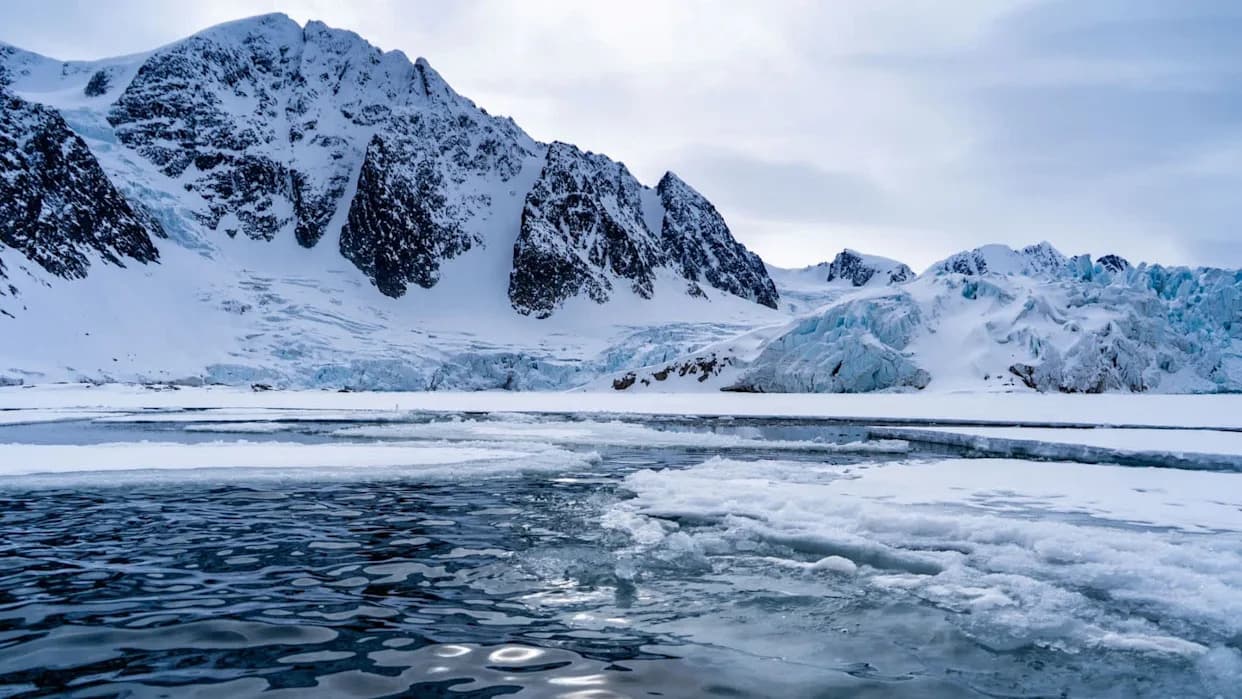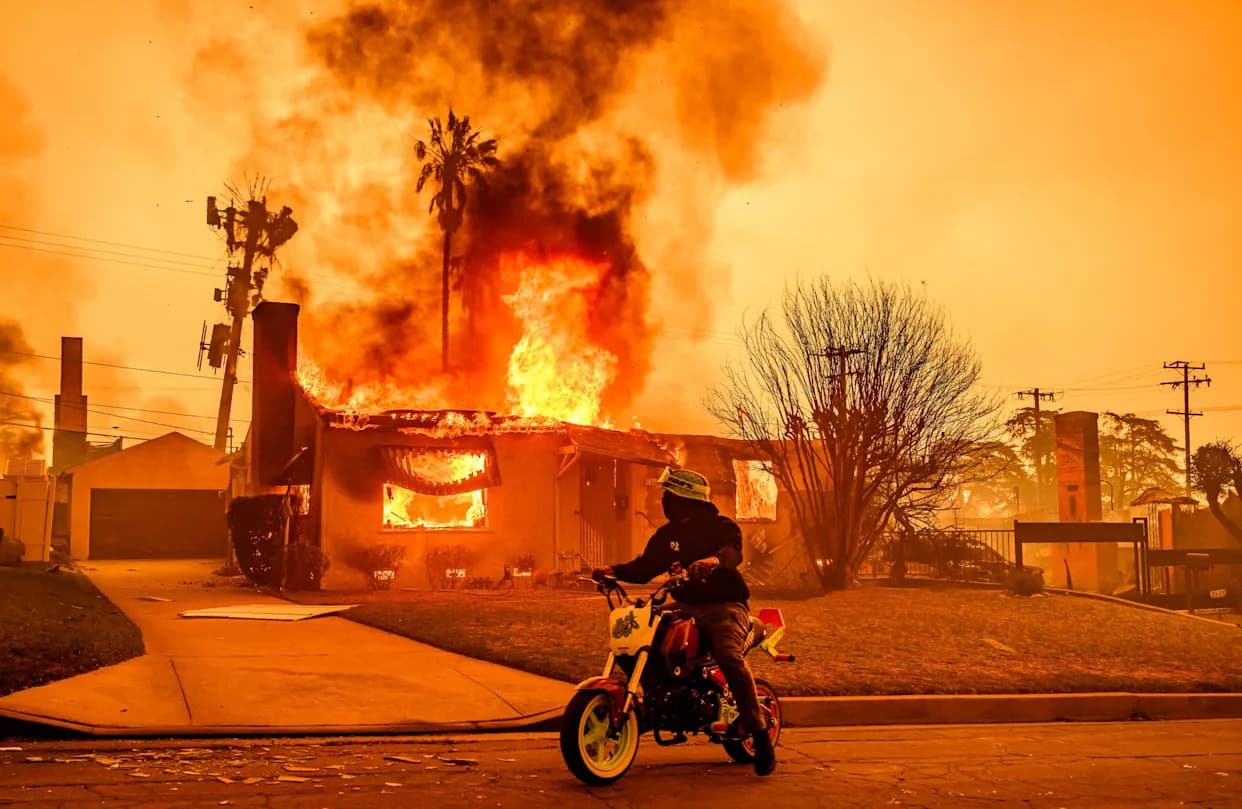World Weather Attribution's rapid study finds Hurricane Melissa — a Category 5 storm with sustained winds near 185 mph — was intensified by human-caused warming. The analysis estimates peak winds were about 7% stronger and eyewall rainfall roughly 16% heavier because of warmer oceans. At least 61 people died across the Caribbean, and researchers warn that even timely forecasts and preparedness can be overwhelmed by storms of this magnitude, especially regarding infrastructure.
Study: Warming Oceans Supercharged Hurricane Melissa — “A Harbinger of the Future”

Scientists say Hurricane Melissa — the strongest storm on record to hit Jamaica and one of the most intense in the Atlantic basin — was amplified by a warming planet.
Rapid attribution links Melissa’s intensity to climate change
A rapid attribution study by World Weather Attribution (WWA), an international research collaboration that assesses how human-caused warming is altering extreme weather, found that Hurricane Melissa was made markedly stronger by higher global temperatures.
Melissa struck Jamaica as a Category 5 hurricane with sustained winds near 185 mph, tying two other storms for the strongest Atlantic landfall on record. Wind and pressure readings also placed Melissa among the most intense Atlantic hurricanes on record.
"That's pretty rare to have a storm that strong," said Texas A&M atmospheric scientist Andrew Dessler to the Associated Press. "And I think that, to the extent that this is a harbinger of the future, it's not good."
How much did warming contribute?
WWA's rapid analysis estimates that Melissa's peak wind speeds were roughly 7% higher and that rainfall rates in the storm's eyewall were about 16% stronger because of a warmer climate. As one WWA scientist noted:
"Warmer ocean temperatures are effectively the engine that drives a hurricane… The warmer the ocean temperatures, the greater the wind speed a hurricane can have," said Theodore Keeping, a member of the WWA climate team.
Impacts and limits to preparedness
Authorities reported at least 28 deaths in Jamaica and 31 in Haiti, with the estimated Caribbean death toll at 61. WWA credited forecasts issued at least seven days before landfall in Jamaica and Cuba with giving communities valuable lead time that likely saved lives.
However, researchers warned that storms of Melissa's magnitude can exceed what preparedness and adaptation measures can reasonably prevent. WWA said such extreme events can test "soft limits to adaptation," especially in relation to critical infrastructure.
Independent confirmation
The WWA study aligns with a separate attribution analysis from the Grantham Institute at Imperial College London, which found a Melissa-like landfall is roughly four times more likely in the 2025 climate compared with a preindustrial baseline. That study also estimated a ~7% increase in maximum wind speed and about a 34% rise in estimated economic damage due to climate change.
Bottom line: Melissa would have been a dangerous hurricane regardless, but human-driven warming amplified its winds and rainfall, increasing risk and damage. The findings underscore growing challenges for vulnerable regions as oceans continue to warm.
Help us improve.




























